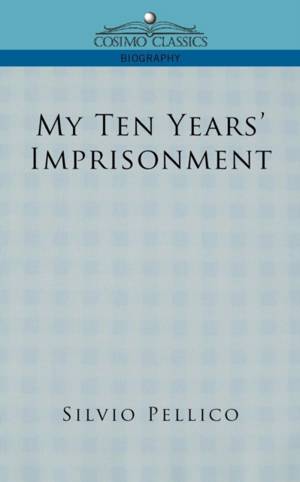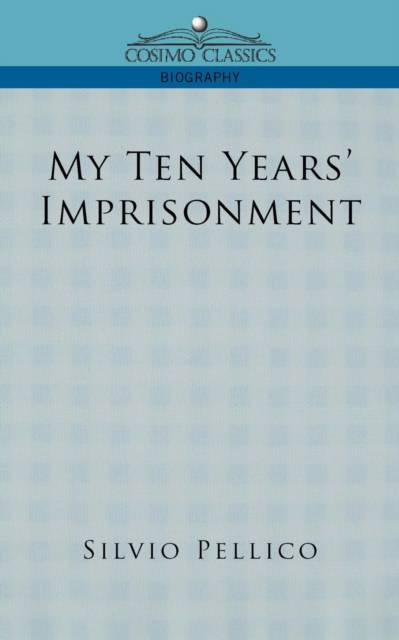
- Afhalen na 1 uur in een winkel met voorraad
- Gratis thuislevering in België vanaf € 30
- Ruim aanbod met 7 miljoen producten
- Afhalen na 1 uur in een winkel met voorraad
- Gratis thuislevering in België vanaf € 30
- Ruim aanbod met 7 miljoen producten
Zoeken
Omschrijving
It was now my only consideration how to die like a Christian, and with proper fortitude. I felt, indeed, a strong temptation to avoid the scaffold by committing suicide, but overcame it. What merit is there in refusing to die by the hand of the executioner, and yet fall by one's own? -from Chapter XLVIII In 1820, Italian Silvio Pellico, editor of a literary journal, was arrested as a sympathizer of the revolutionary secret society, The Carbonari. He was sentenced to 15 years in the notorious underground prison at Spielberg, and during his incarceration, he wrote several plays and numerous poems, and after his sentence was commuted in 1830, this account of his ordeal. First published in Paris in 1833, it is a classic prison diary, and a timeless treasure of European literature. Pellico's simple, lucid prose makes immediate the indignities of his experience and highlight the hardships faced by political activists of the era. Italian patriot and playwright SILVIO PELLICO (1789-1854) also wrote the tragic plays Francesca da Rimini and Eufemio da Messina.
Specificaties
Betrokkenen
- Auteur(s):
- Uitgeverij:
Inhoud
- Aantal bladzijden:
- 204
- Taal:
- Engels
Eigenschappen
- Productcode (EAN):
- 9781596056725
- Verschijningsdatum:
- 1/12/2005
- Uitvoering:
- Paperback
- Formaat:
- Trade paperback (VS)
- Afmetingen:
- 127 mm x 203 mm
- Gewicht:
- 226 g

Alleen bij Standaard Boekhandel
+ 43 punten op je klantenkaart van Standaard Boekhandel
Beoordelingen
We publiceren alleen reviews die voldoen aan de voorwaarden voor reviews. Bekijk onze voorwaarden voor reviews.








